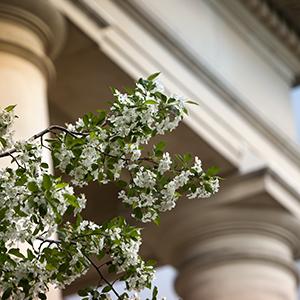New podcast episode explores racism and resilience
“Lived Experience,” a new episode of the “What Makes Us Human?” podcast series, explores global racial hierarchies and their remedies. The podcast’s fifth season – “What Do We Know about Inequality?” – showcases the newest thinking across academic disciplines about inequality.

